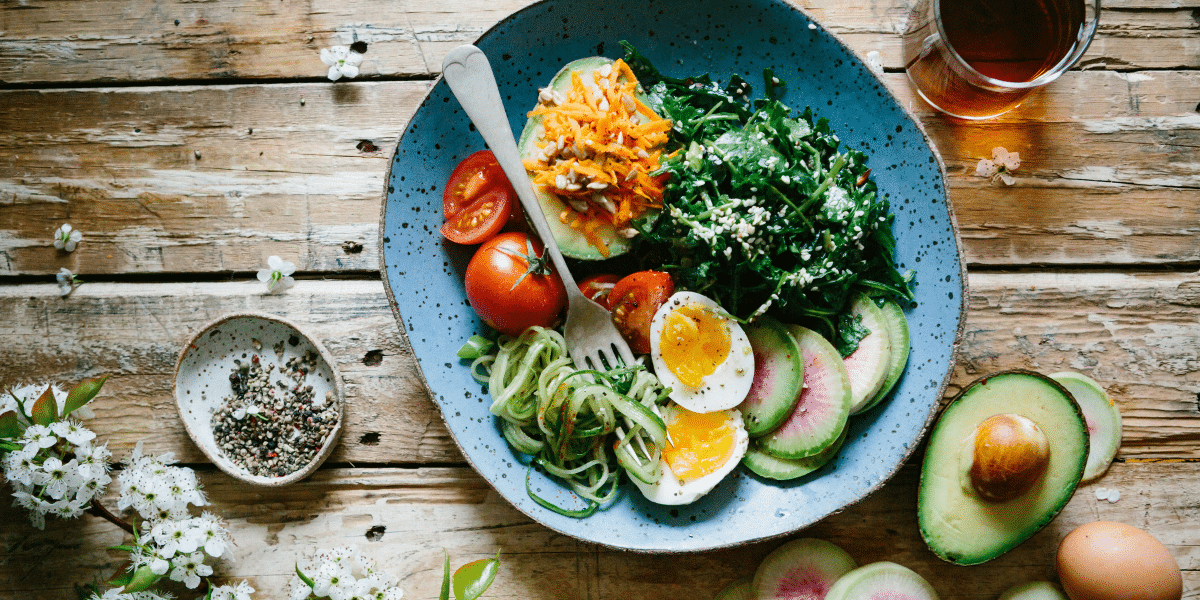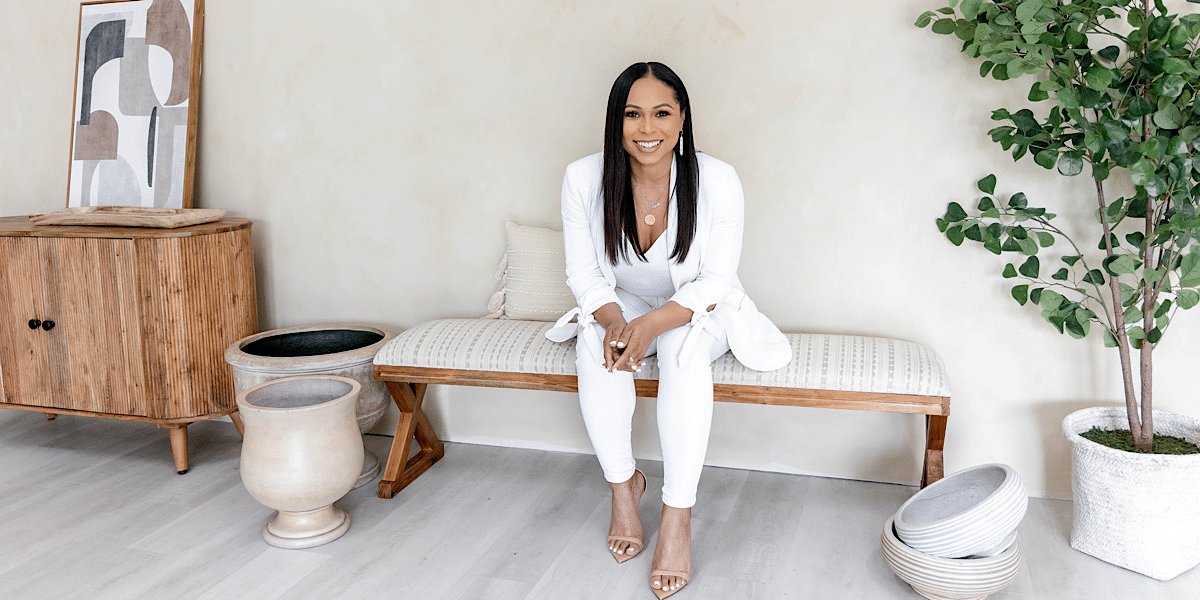Life today can often be filled with stress and overwhelm with the onslaught of daily demands and responsibilities. A lot of people around the world deal with things like finding it difficult to cope with stressors, anxiety, and feeling down. When it comes to addressing these issues, traditional ways of getting help have always been important.
However, in addition to mental health treatment, the expressive arts can have a powerful and effective role in supporting one to not just survive but to thrive. Ever wonder how your creativity can benefit you emotionally?
The expressive arts are an avenue for creative expression that can also help to process feelings, gain self-awareness, and achieve emotional balance. It uses visual art making, music, movement, dance, writing, journaling and more as modalities for personal healing and transformation. It’s about the process, not the product. Creativity is an innate human quality. Intentionally accessing it gives way to a myriad of benefits.
Five Benefits of the Expressive Arts on Well-Being
Here are five benefits that the creative arts have on our well-being.
It can lower stress: Finding healthy ways to navigate stress is imperative for overall well-being. Studies support that there can be a reduction in cortisol levels, which is implicated in stress, through engaging in a creative arts activity.
It supports processing feelings: Expressing the inner landscape of feelings through lines, shapes, and colors can be quite cathartic and is an effective way to process emotions. Engaging in a creative arts activity can also help you to cultivate emotional states, like joy, that you may desire more of in your daily life.
It can lessen anxiety: There have also been studies that indicate that coloring inside geometric shapes, such as a mandala, is linked to decreasing anxiety. Using this way of coloring can be a mindfulness practice which can have a powerful calming effect on the nervous system.
It promotes whole-brain connection and wellness: Unlike other forms of communication that rely primarily on left-brain function, art-based activities activate other areas of the brain and tend to integrate right- and left-brain hemispheres. With the expressive arts, there is another language that tells the story and paves the way for healing.
It aids in developing new insights: Self-awareness and insight are the precursors to change. It starts with a revelatory or aha thought. Through the creative arts, there is the opportunity to externalize the internal. This allows for a different angle to be explored and encourages you to naturally gain new insights.
Understanding Different Types of Modalities in Expressive Arts Therapy
Art Therapy: Art therapy is about visual documentation of one’s thoughts and feelings which can support a person to gain new insights for personal growth. There are many art mediums to work with such as painting, drawing, collaging, or sculpting. Art therapy can be a core way to cultivate emotional resilience and improve coping skills. Some specific forms of engaging in ‘art for process’ include art journaling, SoulCollage®, and Intuitive Painting.
According to a study published in the Journal of the American Art Therapy Association, art therapy interventions have been found to decrease symptoms of psychological distress and improve overall mental health outcomes. The study, which examined the effectiveness of art therapy for individuals with trauma-related symptoms, concluded that art therapy can be a valuable adjunctive treatment for trauma survivors.
Music Therapy: Music has a special way of evoking certain feeling states or remembering certain moments. Listening to music can be a powerful expressive arts tool to support regulating emotions and providing a healthy way of navigating one’s internal world. Music therapy uses the healing aspects of sound and rhythm to support overall well-being. Research has found that music therapy can boost mood, bring a sense of inner calm, and be a cathartic outlet.
According to the American Music Therapy Association, music therapy is effective in reducing symptoms of depression, anxiety, and stress in individuals of all ages. Research suggests that music therapy interventions, such as listening to music, singing, and playing instruments, can promote relaxation, improve mood regulation, and enhance social connectedness.
Dance/Movement Therapy: Dance/movement therapy (DMT) honors the mind-body connection and in this way, is a holistic approach to healing. There are many benefits of dancing for mental health. The physical aspect of dance can have a positive impact on releasing the feel-good neurotransmitters and endorphins. There is evidence that engaging in a practice of dance can help reduce stress, anxiety, and depression.
Dance can be a simple way to release emotions that you experienced throughout the day. The movement and dance can be spontaneous and free form or more of a conscious dance as a mindfulness practice such as with Jamie Marich’s Dancing Mindfulness or Gabrielle Roth’s 5 Rhythms.
The American Journal of Dance Therapy published a study exploring the use of dance/movement therapy in the treatment of trauma-related symptoms. The study found that dance/movement therapy interventions facilitated the expression and processing of traumatic memories, leading to reductions in symptoms of post-traumatic stress disorder (PTSD) and improvements in overall psychological well-being. The findings highlight the unique therapeutic benefits of embodied approaches to trauma recovery.
Ways to Explore the Expressive Arts
For those interested in exploring expressive arts for their own well-being, there are a variety of resources and recommendations to consider.
Attend Workshops and Groups: Look for expressive arts workshops or groups in your area led by therapists or healing arts practitioners. These experiential learning opportunities can provide valuable insights and practical tools for incorporating expressive arts into your life.
Explore Online Resources: There are many online resources and communities dedicated to expressive arts therapy and related modalities. Websites, forums, and social media groups can offer inspiration, guidance, and support for your creative journey. You may go to the International Expressive Arts Therapy Association website at www.ieata.org for some initial information.
Start Your Own Practice: Consider starting a personal expressive arts practice at home. Set aside time each day or week to engage in creative activities such as visual art making, art journaling, SoulCollage®, Intuitive Painting, dance/movement, journaling, and listening to music. Allow yourself to explore and notice how these creative practices impact your mood and well-being.
Conclusion
The expressive arts are a powerful way to heal emotionally and grow personally.
This, as a form of therapy, is a more holistic and embodied approach to enhancing well-being. Engaging in the expressive arts can connect you to your most creative self on this journey of life. So, get your creative groove on today by adopting expressive arts practices.
About The Author
Based in Portland, Oregon, Karen Corona is a mental health therapist, creative wellness coach, and author with over twenty years of expertise in counseling and social work practice. Using her specialized training in expressive arts therapy, Karen blends her clinical skills with creative wellness coaching techniques for healing, personal growth, and transformation. Through her coaching business, Creative Heart Awakenings, Karen offers her signature HeART Healing Coaching program along with groups, workshops, and retreats, which empower women’s emotional well-being through creativity. Her soon to be released debut book, “HeART Healing for Radiant Living: BE the Best Version of YOU One Week at a Time” is a guide to healing emotional wounds through the expressive arts. The book offers 52-weekly in-depth creative arts prompts to cultivate emotional health and resilience. Dedicated to mental health advocacy and believing in the power of the arts to heal and transform, Karen actively collaborates with Dr. Diane Kaufman, the psychiatrist founder/director of the Hold On Campaign for Suicide Prevention, in raising awareness and helping to save lives.
Published by: Holy Minoza










